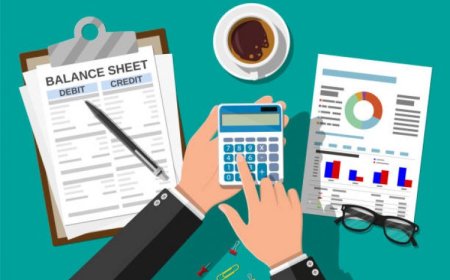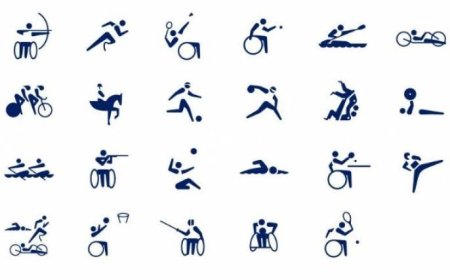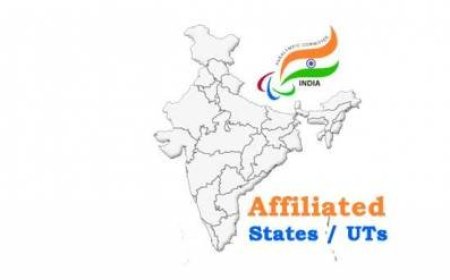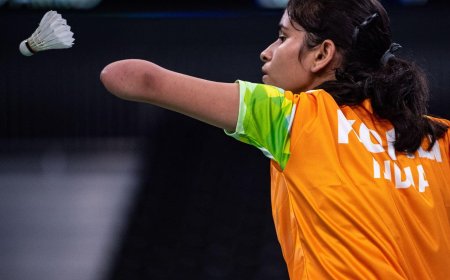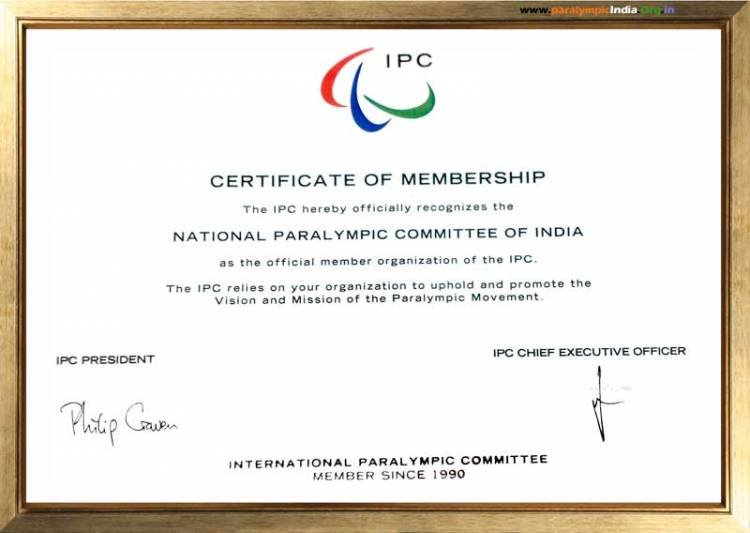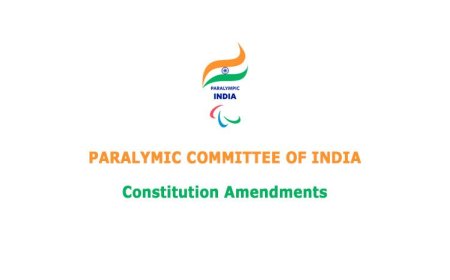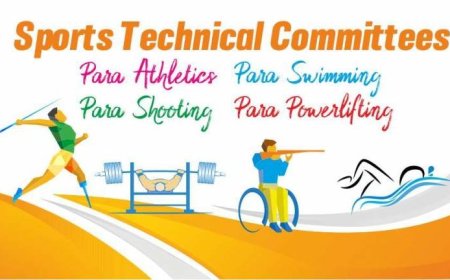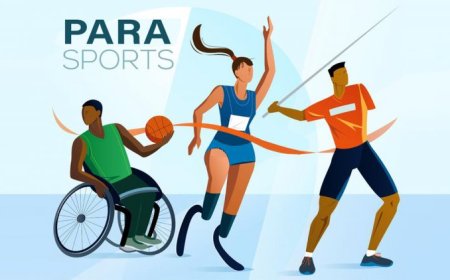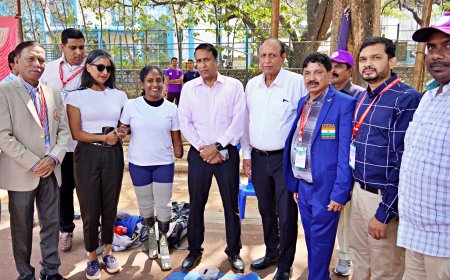FAQ - Classification
Frequently Asked Questions about Para Sports Classification
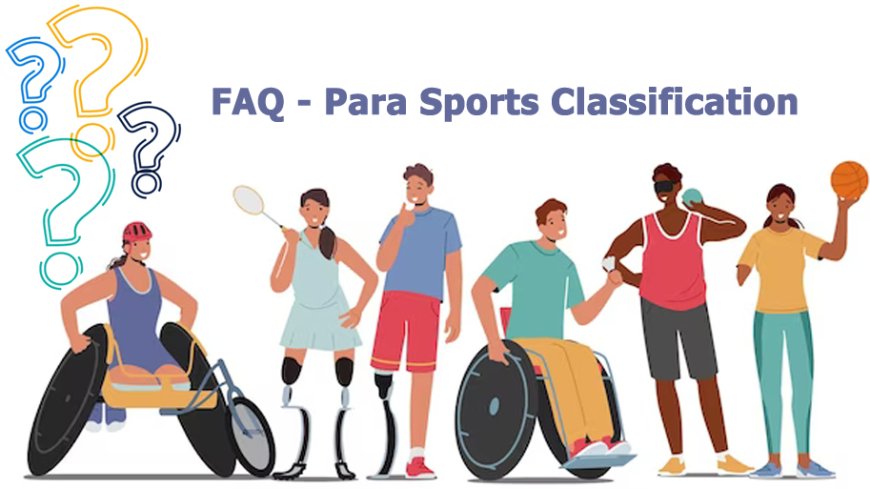
FAQ - Classification
1. What is classification?
Classification is a system put in place to provide structure for Para sports competition, ensuring a fair and level playing field. Para athletes with an eligible impairment are grouped into sport classes based on the impact their impairment has on the sport performance. As the way each impairment affects sport may differ (for example a Para athlete with a hand amputation has a bigger disadvantage in swimming than in the 100m race in athletics), each International Sport Federation is responsible for developing its own classification rules including the evaluation protocol and sport classes description.
2. Why there are athletes who look different within each class?
The current classification system takes into consideration the functionality rather than the medical diagnosis of each athlete. Therefore, you will see athletes with a different kind of disabilities competing against each other within each class. However, their impairment impacts the sport performance in a similar extent.
3. Am I eligible for Para sport? What sports can I compete in?
To be eligible for competition, you must meet two criteria:
- There are 10 impairments considered eligible by the International Paralympic Committee. Each International Sport Federation must decide which eligible impairments they offer competition opportunities for. To confirm you have an eligible impairment for a certain sport, you will be requested to provide medical documentation in advance to your classification.
- If you have an eligible impairment for the sport, you must also meet their minimum impairment criteria. The minimum impairment criteria ensure that the impairment causes an activity limitation in that sport or discipline. So, they are sport-specific (except for athletes with a vision impairment). These minimum disability criteria will be assessed during athlete evaluation.
To find out which Para sports are available for your impairment, please check out our Eligibility for Para Sport section.
4. What are the steps of classification?
To be classified, athletes must undergo a face-to-face evaluation conducted by a panel of classifiers that might include a physical and sport specific technical assessment and observation in competition. Athletes must submit a Medical Diagnostics Form in advance to the evaluation.
When evaluating an athlete, the classification panel always consider three questions:
- Does the athlete have an eligible impairment for this sport?
- Does the athlete’s eligible impairment meet the minimum disability criteria of the sport?
- Which sport class describes the athlete’s activity limitation most accurately?
5. I just got involved in Para sport, should I apply for classification?
Everyone with a disability can participate in sport and physical activity. Classification is not required for general participation in sport but provides a structure for competition.
If you want to start competing against other athletes with a disability or be selected onto development and high-performance squads then you will need to go through classification.
6. How can I apply for classification?
Each Para sport has its own criteria to be achieved before being able to apply for classification. - Contact State or PCI Office
7. Do I need to be classified more than once in a sport?
Once you have undergone evaluation you will be allocated a sport class and sport class status. The sport class is the category you compete in, the sport class status tells you if and when you may need to go to classification again. Most athletes will be classified more than once during their sporting career.
Classifiers will decide whether an athlete need to be reviewed during the classification process. You may be allocated a review date and will need to be reviewed in a certain year or event. Common reasons for attending classification more than once include:
- Your age
- You have a deteriorating or fluctuating condition, or your impairment has changed
- The classification rules for the sport change
8. Who can come with me to classification?
An athlete can bring one extra person to athlete evaluation. This extra person should be familiar with the
athlete’s impairment and sporting history.
9. Do I need to be classified for each sport I participate in?
Yes, each Para sport requires different activities and therefore an impairment impacts the performance in different ways. It is possible that an athlete may meet the criteria in one sport but may not meet the criteria in another sport.
10. What if I do not agree with my sport class?
Classification panels take objective and transparent decisions based on the sport classification rules. It may happen that you do not agree with the outcome. The Para athlete Classification Code & Standards outlines the protest procedures including:
- Who may lodge a protest?
- Which timelines apply
- Which documents are required?
- Which fees are to be paid?
The protest decision is final and cannot be further challenged.
11. What if the level of my impairment has changed since I was last classified?
If your medical condition has changed or you have had medical intervention that may impact upon your classification, you are required to advise PNZ. This may result in a review of your classification. Any requests need to be accompanied by medical documentation.
12. Do I need to prove that I have been classified when I enter a competition?
Athletes who have been classified will have their classification details entered into the classification master list for that sport. Competition organisers can confirm your classification by referring to the master list for your sport.
13. I have been assessed by a panel of classifiers and have been told I am not eligible for a sport – what does this mean?
If you have an eligible impairment but were considered not eligible after the evaluation by a panel of classifiers, this means that you do not meet the minimal impairment criteria for that sport as per classification rules. You have the right to be evaluated a second time as early as possible. The second decision is final. If deemed not eligible, you will not be able to compete as a Para athlete.
If an athlete fails to meet the eligibility criteria and is deemed not eligible for competition in a specific sport; this finding does not question the presence of a genuine impairment, which limits him in a functional manner. This is only a ruling on the eligibility of the athlete to compete under the sport rules of the International Federation.

